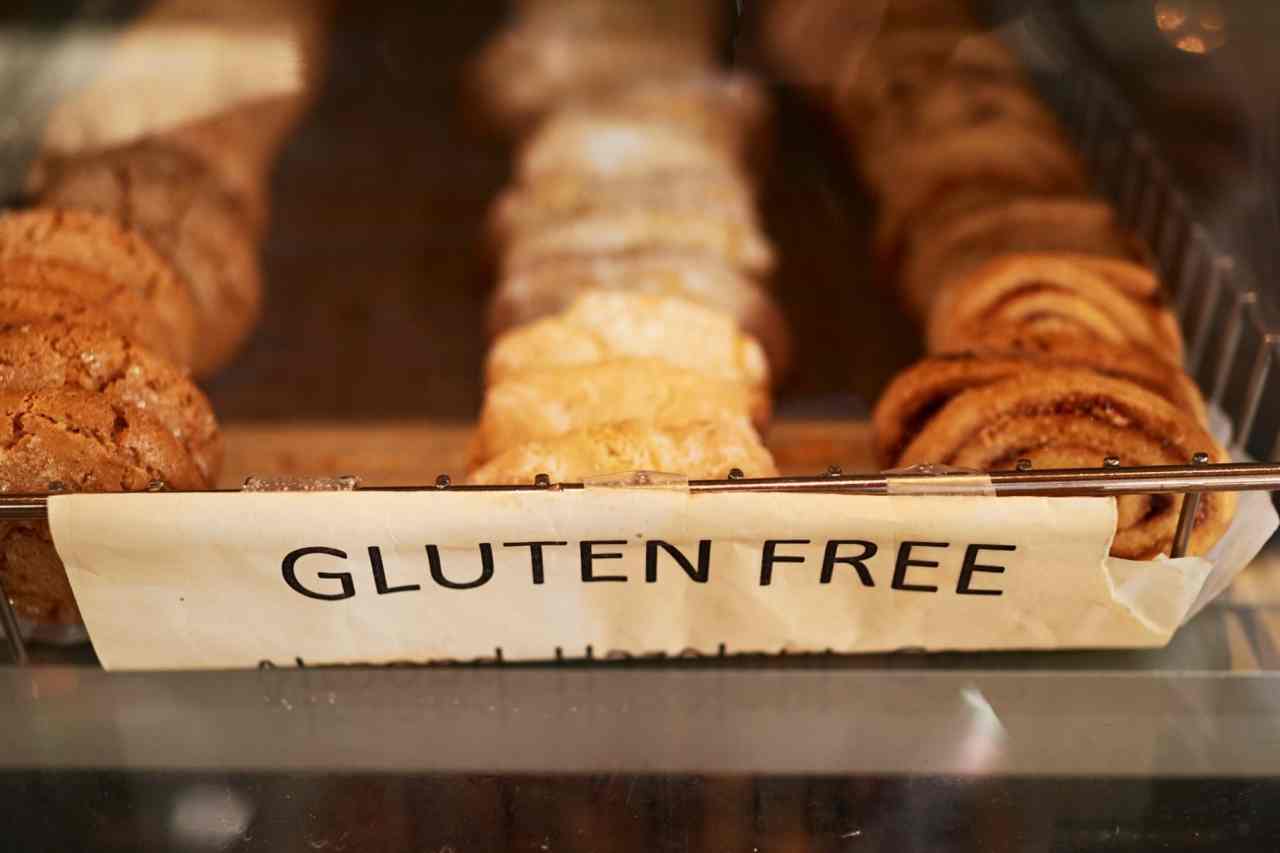If you’re following a gluten-free food plan, know that you just aren’t alone — a whopping one-third of adults in America have mentioned that they’re making an attempt to keep away from or scale back gluten. And despite the fact that lower than 1 p.c of the U.S. inhabitants has celiac illness or a wheat allergy, increasingly persons are leaping on the gluten-free practice than ever earlier than due to its potential for enhancing athletic efficiency, weight reduction and different outcomes.
Following a gluten-free food plan means that you’re utterly eliminating meals that include gluten, together with meals that include wheat, barley, rye and triticale (a cross between wheat and rye). Which means most breads, crackers, cookies and even beers are off the desk. As a substitute, many gluten-free followers give attention to fruits, veggies, legumes, beans and plenty of different naturally gluten-free gadgets. Producers additionally present gluten-free variations of breads, crackers and different historically gluten-laden meals.
The tip end result? Lacking key vitamins in your gluten-free food plan, due to the sheer impact of utterly eliminating sure meals. In case you have adopted a gluten-free way of life, listed below are six vitamins it’s essential to give attention to to verify your food plan is well-rounded.
1. Iron
Iron deficiency is likely one of the most typical dietary inadequacies in those that comply with a gluten-free food plan. In actual fact, iron-deficiency anemia is likely one of the most typical outcomes in those that have celiac illness, having been present in virtually 46 p.c of instances.
In case you have iron deficiency, chances are you’ll really feel chronically drained, have a poor urge for food and have weak nails. Specializing in meals like lean beef and darkish meat rooster may help preserve wholesome ranges in examine. Alternatively, supplementation will be thought of if iron deficiency is already detected — you’ll want to focus on this route along with your physician first.
2. Folate
Sustaining a wholesome folate standing is extremely essential for ladies throughout their reproductive years as a result of this nutrient performs a key position in stopping delivery defects throughout being pregnant.
Folate deficiency is kind of uncommon within the U.S., due to the Meals and Drug Administration’s requirement to fortify many grains with folic acid, together with wheat-flour-based merchandise, semolina and wheat germ. Sadly, many grains that don’t include gluten, like amaranth, quinoa and rice flour, aren’t required to be fortified, leaving those that keep away from gluten lacking the addition of this essential nutrient.
Folate deficiency seems in 3.6 p.c of individuals with celiac illness, as in comparison with 0.3 p.c within the basic inhabitants, probably due to decrease consumption and absorption challenges.
Being conscious of this main fortification distinction between sure grains when following a gluten-free food plan may help fill sure gaps. Together with meals like one hundred pc orange juice, inexperienced leafy veggies and beets may help meet your folate wants, too.
3. Vitamin D
Since virtually 50 p.c of america’ inhabitants is poor in vitamin D, it’s protected to imagine that individuals who keep away from gluten can profit from a vitamin D enhance.
Vitamin D deficiency might result in weaker bones, a less-strong immune system and an elevated danger for sure cancers, amongst many different potential outcomes.
This essential nutrient is present in meals like eggs, salmon and sure mushrooms — all meals that simply match right into a gluten-free way of life. Specializing in these meals, exposing your physique to direct daylight when doable and probably supplementing are all methods that you could scale back your danger of a vitamin D deficiency.
4. Vitamin B6
Vitamin B6 is extremely essential once we need to assist our nervous and immune system well being. And when evaluating the dietary consumption of people that keep away from gluten versus those that embrace it, researchers discovered that the gluten-free group had a decrease vitamin B6 consumption.
Vitamin B6 is present in meals like meats, soy, bananas and fish. Together with meals that include this nutrient in a gluten-free food plan will be comparatively easy with somewhat effort. Alternatively, contemplate a complement to ensure you aren’t lacking key vitamins in your gluten-free food plan.
5. Selenium
Though selenium is discovered in lots of gluten-free meals, together with Brazil nuts and seafood, carbohydrate meals do contribute to the general consumption of this essential nutrient. And selenium deficiency is especially outstanding as a result of a gluten-free food plan results in its absence in cereal meals akin to wheat, which is a supply of selenium.
Selenium is a crucial nutrient that helps preserve the thyroid functioning correctly.
Gluten-free options to breads, muffin mixes and cookies vary in relation to their selenium content material. And the extra well-liked bases of those choices — corn, rice and buckwheat — are decrease in selenium versus less-popular decisions, like amaranth and teff-based mixes and merchandise.
6. Vitamin B12
Vitamin B12 is a key nutrient that’s essential for supporting purple blood cell formation, nerve operate and a slew of different elements in our physique. And amongst those that comply with a gluten-free food plan, information exhibits {that a} deficiency was detected in as much as 30 p.c of individuals for vitamin B12.
Vitamin B12 will be present in meals like beef, fish, dietary yeast and yogurt. Ranges of vitamin B12 will be simply evaluated by way of a easy blood check. If you’re proven to have a deficiency, your physician might recommend supplementation.







